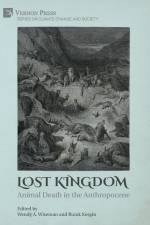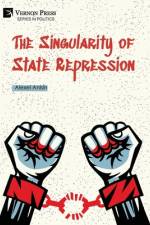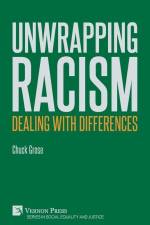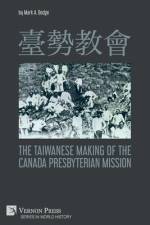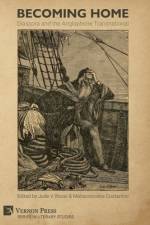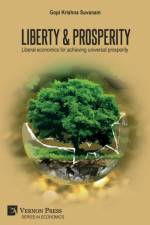- Diaspora and the Anglophone Transnational
1 219,-
"Becoming Home: Diaspora and the Anglophone Transnational" is a collection of essays exploring national identity, migration, exile, colonialism, postcolonialism, slavery, race, and gender in the literature of the Anglophone world. The volume focuses on the dispersion or scattering of people in exile, and how those with an existing homeland and those displaced, without a politically recognized sovereign state, negotiate displacement and the experience of living at home-abroad. This group includes expatriate minority communities existing uneasily and nostalgically on the margins of their host country. The diaspora becomes an important cultural phenomenon in the formation of national identities and opposing attempts to transcend the idea of nationhood itself on its way to developing new forms of transnationalism. Chapters on the literature or national allegories of the diaspora and the transnational explore the diverse and geographically expansive ways in which Anglophone literature by colonized subjects and emigrants negotiates diasporic spaces to create imagined communities or a sense of home. Themes explored within these pages include restlessness, tensions, trauma, ambiguities, assimilation, estrangement, myth, nostalgia, sentimentality, homesickness, national schizophrenia, divided loyalties, intellectual capital, and geographical interstices. Special attention is paid to the complex ways identity is negotiated by immigrants to Anglophone countries writing in English about their home-abroad experience. The lived experiences of emigrants of the diaspora create a literature rife with tensions concerning identity, language, and belongingness in the struggle for home. Focusing on writers in particular geopolitical spaces, the essays in the collection offer an active conversation with leading theorizers of the diaspora and the transnational, including Edward Said, Bill Ashcroft, William Safran, Gabriel Sheffer, Stuart Hall, Homi Bhabha, Frantz Fanon, and Benedict Anderson.This volume cuts across the broad geopolitical space of the Anglophone world of literature and cultural studies and will appeal to professors, scholars, graduate, and undergraduate students in English, comparative literature, history, ethnic and race studies, diaspora studies, migration, and transnational studies. The volume will also be an indispensable aid to public policy experts.

